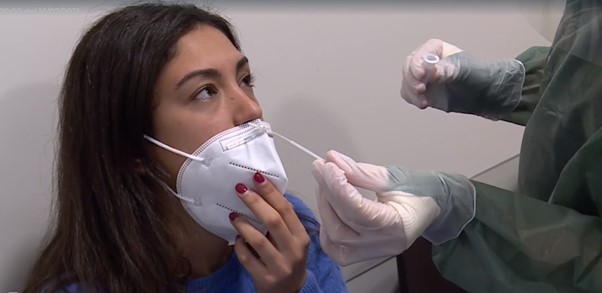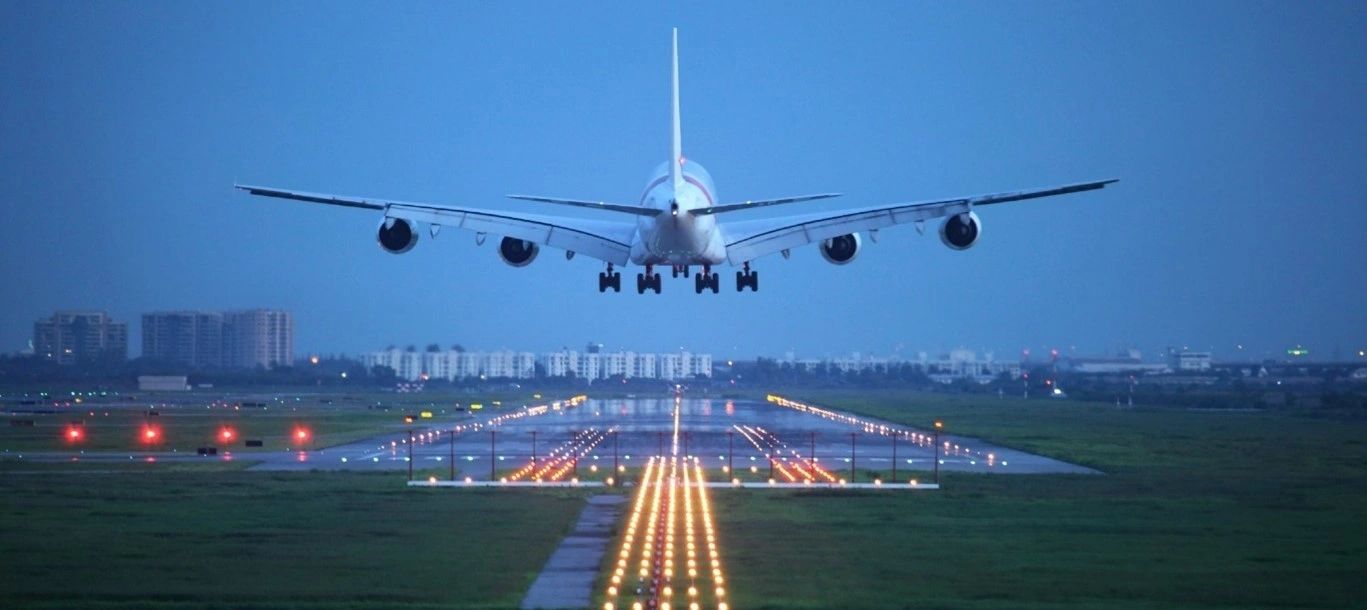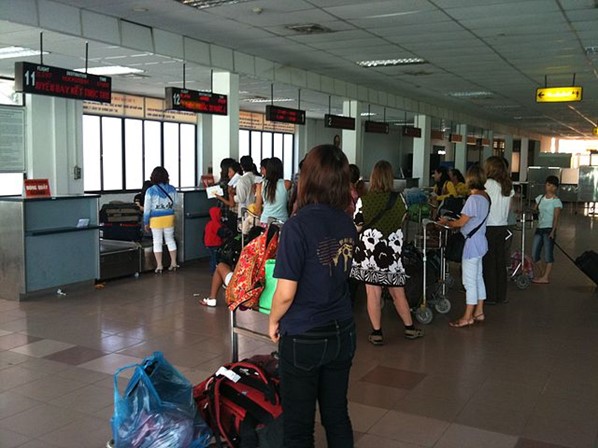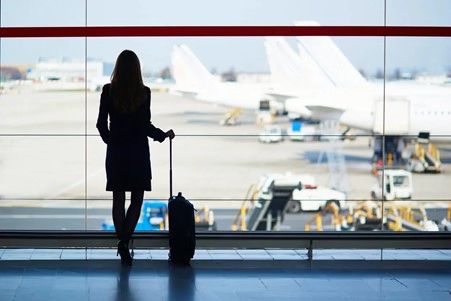
Pre-flight testing is regularly criticised by health professionals in countries where the prevalence of infection remains high
International travel is held back by one thing above all others: budgets, vacation time, and the location of your choice. It’s for research purposes, however, it’s Covid-19 testing that is holding it back.
Pre-departure and after arrival tests are still a major source of anxiety for many people, as they fear being compelled to cancel a trip if they test positive just before leaving or, even worse, being quarantined if they test positive on the way or after they arrive.
For the upcoming northern summer, the European Union tinkered with the notion and now is enabling people to travel more freely than they could before covid-19 by removing testing restrictions for many countries.
People aren’t quite sure how to feel about the trend as it grows and becomes the new normal in a post-pandemic, now endemic society. Some countries don’t, it seems.
In the summer of 2021, a handful of European countries dropped testing requirements for all fully vaccinated visitors.
As a result of removing testing requirements for travellers who were fully vaccinated, countries like Spain have seen an increase in inbound tourism that is far greater than that seen by countries that did not make these changes.
So far, so good, and it’s encouraging other countries that it might be the best course of action in the future.
The UK will follow suit on February 11 and officially abolish testing requirements for visitors who have been fully vaccinated. You won’t have to take a test before or after travelling, and while you’re there.
For fully vaccinated tourists, Cyprus, Sweden and Switzerland are likewise removing all covid-19 travel testing. The European Union, on the other hand, is pursuing a new simplified travel strategy that would eliminate testing requirements in more countries.
A long way away in Asia, Singapore is removing testing requirements for travellers who have been vaccinated and or recovered from Covid, in an effort to restore public confidence in international travel.
It’s more difficult to locate countries in the Caribbean and Latin America that demand a test than it is to find countries that don’t.
Most epidemiologists now feel that the number of cases in the covid-19 pandemic isn’t as significant as it once was, and therefore the hazards and barriers associated with tracking each case may no longer be worth the economic and social peril that a gradual recovery in tourism might bring.
When arriving in Australia, a PCR test is no longer necessary, however, a RAT test is still required, but the PCR test would be required 72 hours prior to departure.
This puts Australia on the list of countries still requiring the Covid-19 test before travel and after arrival.
This pre-flight testing is making it more difficult for Australians and residents to travel abroad. People are frightened enough by the possibility of being trapped abroad, unable to board a flight back to Australia following a positive covid-19 test.
Isn’t easy to change the view that there is no value in testing asymptomatic people or documenting instances if the overall health picture of a country can be monitored more effectively.? People are excited and apprehensive at the same time.
Taking a test has become a way of life, providing comfort whenever a tickle or scratch arises in the throat. Telling individuals that they no longer need to take a test before travelling on a plane or entering the nation can be unsettling.
Several countries in the wake of Omicron implemented travel restrictions on African countries, setting off a chain reaction. Risk-averse epidemiologists were among those who argued that travel limits were futile.
Pre-flight testing is regularly criticised by health professionals in countries where the prevalence of infection remains high. In the end, it won’t make a difference if some individuals get sick or not; the country already has that situation.
The following few months are going to be the most exciting of the travel recovery since it all began. There are fewer and fewer restrictions to boarding planes because countries are rapidly abolishing travel testing. In the wake of this, a genuine recovery may begin.
 Australia’s Travel Volume Is Still Down Compared To 2019
Australia’s Travel Volume Is Still Down Compared To 2019  September Passenger Demand Remains High
September Passenger Demand Remains High  Countries That Require Australians To Be Vaccinated
Countries That Require Australians To Be Vaccinated  IATA Shows Strong International Travel Recovery
IATA Shows Strong International Travel Recovery  What Are Travellers Looking For In The Year Of Recovery
What Are Travellers Looking For In The Year Of Recovery  Norwegian Cruise Line Announces Philadelphia as New Homeport With Its 2026 Spring/Summer Season
Norwegian Cruise Line Announces Philadelphia as New Homeport With Its 2026 Spring/Summer Season  Paul Gauguin Cruises Announces 2026 Voyages for its Moana Explorer Program
Paul Gauguin Cruises Announces 2026 Voyages for its Moana Explorer Program  Disney and Oriental Land Co. to Launch Disney Cruises Vacation in Japan
Disney and Oriental Land Co. to Launch Disney Cruises Vacation in Japan  All Nippon Airways Expands Its Network with Three New Destinations
All Nippon Airways Expands Its Network with Three New Destinations 